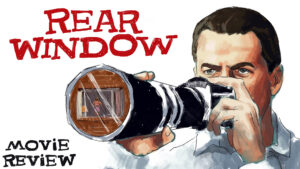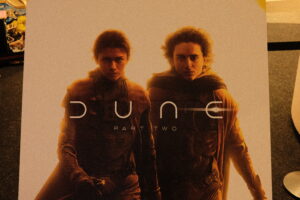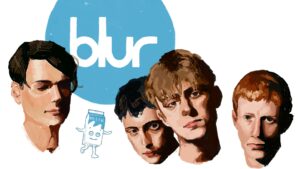This movie received exponential hype and rightfully so — “Black Panther” is a big deal. Being able to see a movie where people of your skin color hold positions of power, roles of technology geniuses and superheroes, as well as the villains is a big deal. Representation matters and “Black Panther” has done so impeccably well.
If you haven’t yet watched “Black Panther,” go on a Tuesday because the tickets only cost $5 at the nearest movie theatre, Spotlight Cinemas in Orono. Myself and about a hundred other moviegoers had the same idea last Tuesday. As my friends and I stood in the line for tickets, more and more people flooded the cinema, some even exclaiming, “Hope we can find a seat, it’s packed!” And packed it was, to the point that the latecomers had to settle for the least-wanted front row seats.
The movie follows T’Challa (played by Chadwick Boseman), the King of Wakanda, as he takes over from his deceased father. In addition to inheriting the throne, T’Challa assumes the role of Black Panther, a superhero who protects Wakanda. For years, the global arena viewed Wakanda as a failed African state, when in reality, it secretly thrived due to vibranium, a rare meteoric ore in the Marvel Universe that has energy-manipulating qualities.
As he prepares to take the throne, T’Challa is faced with unforeseen red herrings from M’Baku (Winston Duke), the leader of an isolated mountain tribe and later Ulysses Klaue (Andy Serkis), who had managed to steal vibranium from Wakanda in the past. But the most threat to T’Challa’s ruling is posed by Erik Killmonger (Michael B. Jordan), a power-hungry, vengeful villain who becomes the nemesis of Black Panther. The character development of Killmonger is interesting to witness as it takes unexpected turns.
My favorite part of the movie (besides Chadwick Boseman as T’Challa) was the elements of African culture and the juxtaposition of tradition and modernity. You could see it in clothing, where each pattern in the different tribal gowns represented its own meaning. Respect to the ancestors, a central part of many African tribes, is also noticeable in the movie as T’Challa seeks the advice of his predecessors, ultimately rising up to challenges in his own way. You could hear the African culture in the music too. The composer of the score, Ludwig Göransson, traveled to Senegal and South Africa to record local musicians to form the “base” of the soundtrack, and Kendrick Lamar produced the film’s curated soundtrack. I went to watch the movie with my friends from Iran, Nigeria, Ethiopia and Burundi. My friend from Burundi shared that the songs reminded her of home.
Throughout the film, there was subtle commentary on colonialism and slavery. We see Killmonger frustrated with Wakanda’s non-interference policy, accusing the thriving nation of not aiding other African nations in times of need and being oblivious to the racial struggles going on outside of Wakanda’s “bubble.”
This movie is a top seller because of its gripping plot, outstanding directing by Ryan Coogler and a powerful cast that includes Oscar-winning actress Lupita Nyong’o and Tony Award-winning playwright Danai Gurira. Because of this movie, young black children can see themselves as the superheroes of this world, and for that alone, I applaud the cast and crew of “Black Panther.”











